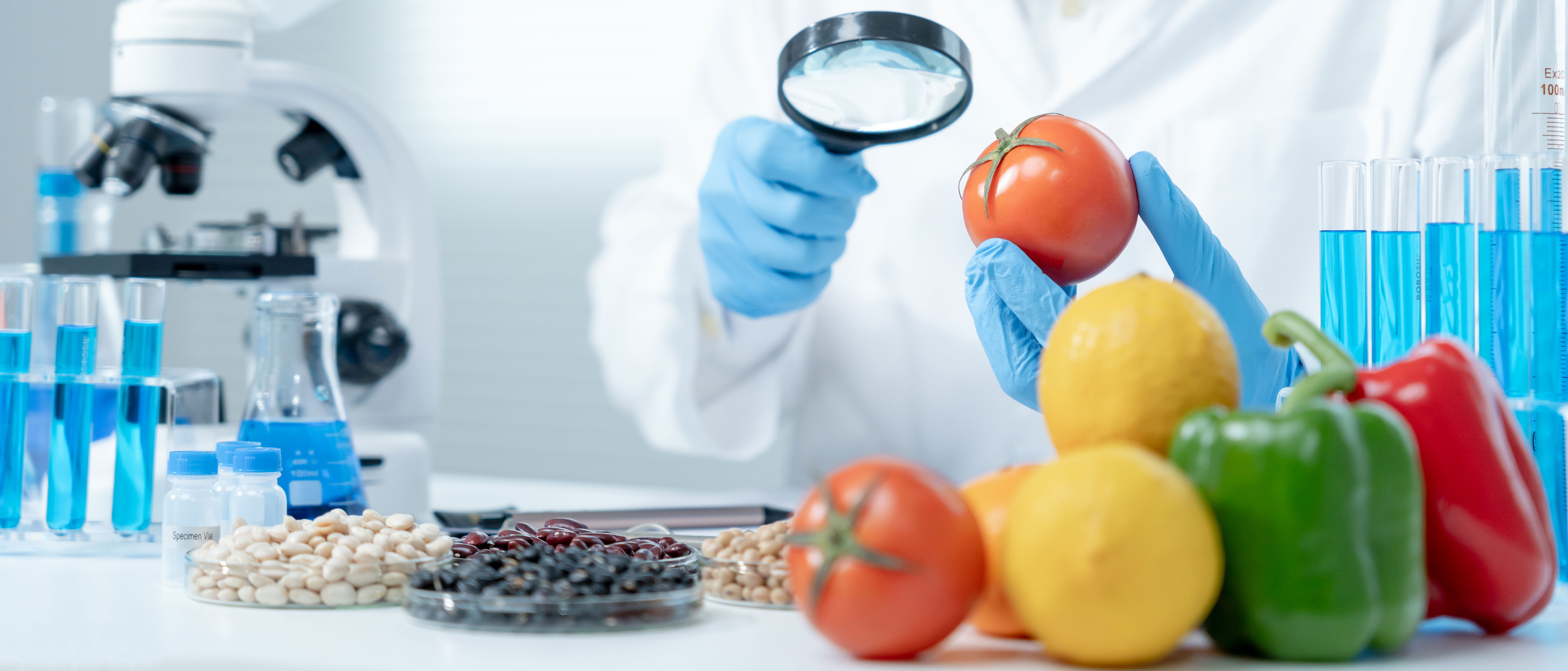Nutrigenomics – Personalized nutrition based on genetic profiles.
Introduction
In 2025, the convergence of genomics and nutrition has revolutionized how we approach eating for optimal health. Nutrigenomics, the study of how genes interact with nutrients, enables personalized nutrition plans based on an individual's genetic profile, moving beyond one-size-fits-all diets. Now that direct-to-consumer (DTC) genetic testing kits cost less than $100 and AI algorithms can analyze large amounts of data, people can gain information about their metabolism, how well they absorb nutrients,
This field promises to address rising chronic conditions like obesity and diabetes, affecting 1.9 billion adults globally. From 23andMe's health reports to specialized nutrigenomic services like Nutrigenomix, 2025 marks a significant milestone where genetic data informs daily meals.
This article reviews the science, practical applications, testing options, ethical challenges, and emerging trends, empowering readers to harness their DNA for better nutrition.
The Science of Nutrigenomics: Genes Meet Nutrients
Nutrigenomics examines gene-diet interactions at the molecular level, identifying how single nucleotide polymorphisms (SNPs)—variations in DNA—affect responses to food. For instance, the MTHFR gene variant impacts folate metabolism, influencing everything from energy levels to cardiovascular health. Key areas include:
Metabolic Pathways
Genes like FTO regulate fat storage; variants increase obesity risk by 20-30% but can be mitigated with tailored carb intake. In 2025, research from the Journal of Nutrigenetics and Nutrigenomics shows that people with APOE4 variants should prefer monounsaturated fats to reduce their risk of Alzheimer's.
Nutrient Absorption and Detoxification
CYP1A2 SNPs determine caffeine metabolism speed, with slow metabolizers advised to limit intake to avoid anxiety. Vitamin D receptor genes affect absorption; deficient variants may require 2-4x higher supplementation.
Inflammation and Chronic diseases
IL-6 gene variants link to inflammation; omega-3-rich diets can reduce markers by 15-25% in at-risk individuals. Recent 2025 research from the NIH underscores nutrigenomics' role in precision oncology, where gene-specific diets enhance chemotherapy efficacy. Epigenetics adds nuance: Nutrients like sulforaphane from broccoli influence gene expression without altering DNA, offering modifiable health levers.
How Genetic Testing Works for Personalized Nutrition
DTC tests like AncestryDNA or MyHeritage analyze 30-100 SNPs relevant to nutrition, generating reports on sensitivities (e.g., lactose intolerance via the LCT gene). Process:
- Sample Collection: Saliva swab or cheek swab, mailed to labs.
- Sequencing: PCR amplification and next-gen sequencing identify SNPs.
- Analysis: AI platforms cross-reference with databases like ClinVar for diet recommendations.
- Report Delivery: Interactive apps provide meal plans, e.g., high-protein for slow-metabolizing genes.
Accuracy hovers at 95-99% for validated SNPs, but polygenic scores for complex traits like weight loss response remain probabilistic.
Top Nutrigenomics Testing Services in 2025
Based on reviews from Healthline and Consumer Reports, here are leading options.
1. Nutrigenomics
This Canadian pioneer is offering 70+ gene reports on metabolism and vitamins. Pros: Clinician-reviewed, $300 kit. Cons: Canada-focused shipping. Rating: 4.6/5.
2. 23andMe Health + Ancestry
The program combines broad screening with nutrition add-ons like caffeine sensitivity. Pros: $199, raw data access. Cons: Less nutrition-specific. Rating: 4.5/5.
3. DNAfit
The company is UK-based and offers AI meal planners. Pros: Personalized recipes, $189. Cons: Subscription for updates ($10/month). Rating: 4.7/5.
4. Toolbox Genomics
The study focuses on 11 key genes for diet and exercise. Pros: Affordable at $99, quick results. Cons: Limited scope. Rating: 4.4/5.
5. GenoPalate
The system translates raw DNA data into nutrition blueprints. Pros: Upload existing files ($99). Cons: U.S.-only. Rating: 4.5/5. X users praise Nutrigenomix for actionable insights, like adjusting B vitamins for MTHFR mutations.

Real-World Applications: From Weight Loss to Disease Prevention
Personalized plans yield tangible benefits. A 2025 meta-analysis in Nutrients found nutrigenomic-guided diets improved weight loss by 2–5 kg over generic ones via targeted macros. Examples:
- Athletes: The ACTN3 gene informs carb-loading; sprinters with the RR variant thrive on high-glycemic foods.
- Chronic Conditions: For PCOS, INSR variants suggest low-GI diets reduce insulin resistance by 30%.
- Aging: FOXO3 longevity genes favor antioxidant-rich Mediterranean patterns.
Apps like Lifespan integrate tests with wearables for real-time adjustments.
Ethical and Practical Considerations
Privacy looms large: GDPR and HIPAA protect data, but DTC firms' sharing policies vary—opt for those with third-party audits. Equity issues: Tests cost $100-500, excluding low-income groups; subsidies in Europe help. Overhype risks: Not all SNPs predict outcomes reliably; consult RDNs for interpretation. Implementation tips: Track via journals; retest every five years for epigenetic shifts.
2025 Trends and Future Prospects
AI-driven polygenic risk scores personalize further, predicting responses to interventions like intermittent fasting. Microbiome integration—gut genes like FUT2 influence prebiotic needs—expands scope. By 2030, CRISPR-edited crops tailored to common variants could normalize nutrigenomics. Challenges: Regulatory harmonization for global tests.
Conclusion
Nutrigenomics in 2025 transforms nutrition from guesswork to genomics, offering pathways to vitality through genetic insights. As X conversations evolve from skepticism to success stories, embracing your DNA profile could redefine health. Start with a test, consult experts, and eat your way to a personalized future.